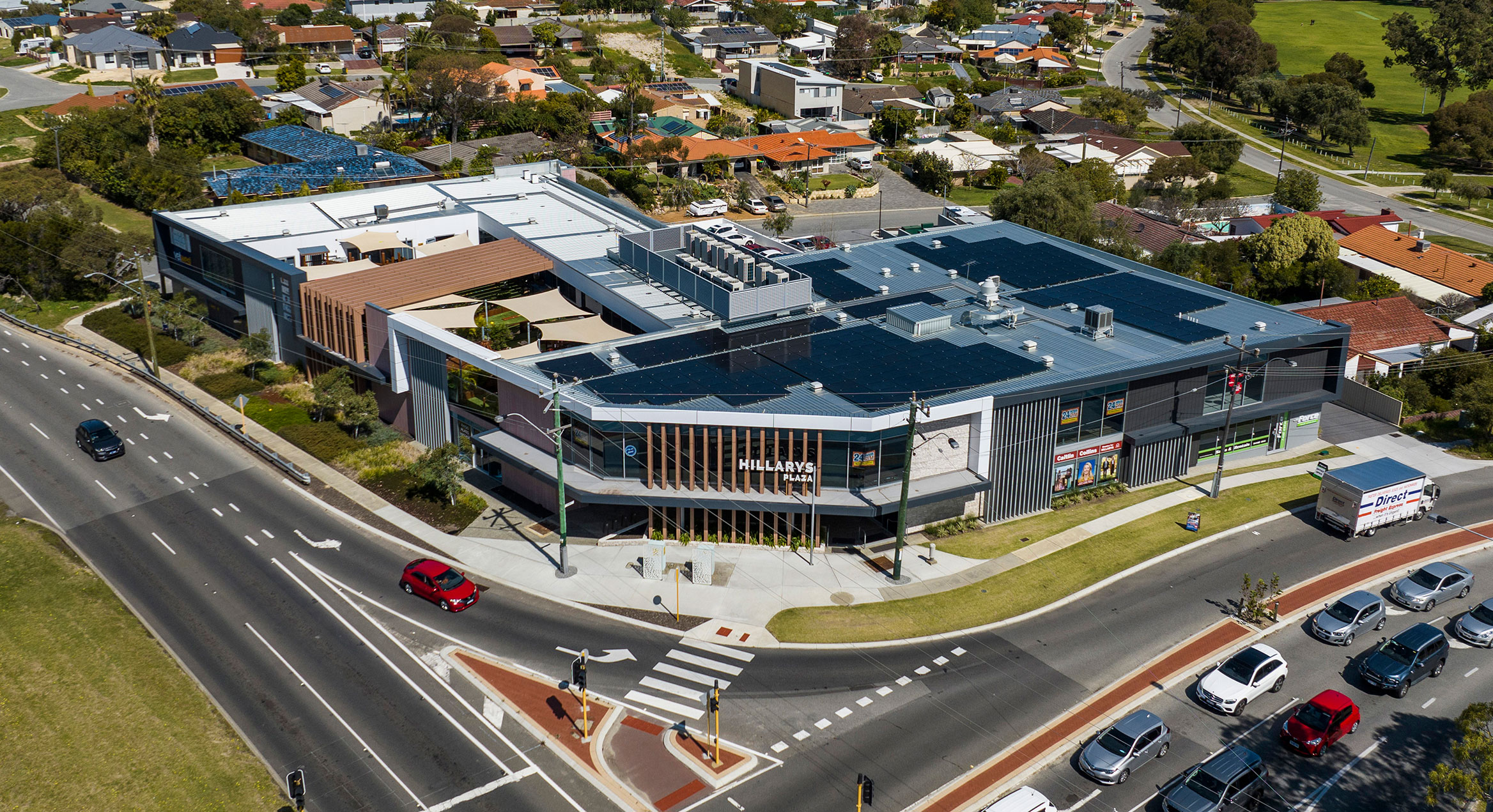When investing in commercial property, it’s important to understand the roles of the professionals who manage your investment. Two key positions are the Property Manager and the Asset Manager. While both play critical roles in ensuring an investment performs well, their responsibilities and focuses are quite different.
To ensure that we maximise returns for our investors, we leverage a hybrid approach that we refer to as full life cycle active asset management, which we’ll explain after we’ve unpacked each of the roles
What Is a Property Manager?
A Property Manager’s primary responsibility is the day-to-day management of a property. They are focused on ensuring that the property runs smoothly and efficiently, handling all operational tasks related to tenant management and property maintenance. Here are the main duties of a property manager:
- Enforcing Tenant Lease Obligations
Property Managers are responsible for ensuring that tenants fulfil their contractual obligations. They are also the direct point of contact for any day-to-day tenant related matters. - Property Maintenance and Repairs
They ensure the property is well-maintained and repairs are promptly handled. This includes coordinating routine maintenance, addressing urgent repairs, and managing service contracts for things like landscaping, security, and cleaning. - Rent Collection and Financial Administration
Property Managers oversee the collection of rent and outgoings and ensure that tenants are up-to-date with their lease agreements. They also handle any issues related to late payments and provide regular financial reports to the property owner or syndicate manager. - Compliance with Laws and Regulations
Keeping the property compliant with relevant laws and regulations, such as health and safety standards, is a key responsibility. Property Managers also ensure the tenant’s use of the property aligns to the permitted use stated within their lease.
In short, Property Managers are the hands-on professionals who ensure that the day-to-day operations of the property are carried out efficiently.
What is an Asset Manager?
On the other hand, an Asset Manager takes a more strategic role – driving the performance of an asset, managing Property Managers and ultimately, owning the relationship with each tenant. Their focus is on maximising the overall value and return of the investment. While Property Managers focus on the property’s day-to-day management, Asset Managers focus on long-term performance and growth. Here’s what Asset Managers do:
- Investment Strategy and Performance
Asset Managers oversee the overall performance of the investment, ensuring it aligns with the investor’s financial goals. They develop strategies to enhance the property’s profitability, whether through capital improvements, tenant mix optimisation, or rent adjustments. - Property Portfolio Management
Asset Managers look at the bigger picture, managing the entire portfolio of properties. This includes making decisions about buying or selling properties and refinancing or restructuring the investment to improve returns. They also work to leverage the opportunities that come with owning multiple assets, for example, bundling maintenance requirements to improve procurement and reduce costs. - Financial Oversight and Reporting
While Property Managers handle day-to-day financial tasks like rent collection, Asset Managers track the long-term financial health of the investment. They analyse cash flow, performance metrics, and long-term appreciation, ensuring that the property is achieving its expected returns and that financial risks are minimised. - Market Analysis and Decision Making
Asset Managers continually analyse the market and economic conditions to make informed decisions. They assess market trends, local demand, and macroeconomic factors to determine whether to hold, sell, or acquire more properties. - Risk Management
Asset Managers are also responsible for identifying and mitigating risks that could affect the long-term value of the investment. This might include diversifying the portfolio, pre-empting tenant vacancy risks, or adjusting to changes in the market.
In essence, Asset Managers are responsible for ensuring the investment is performing well and strategically positioned for growth. They focus on the bigger financial picture and how to maximise returns for investors.
AGEM’s Approach
As mentioned, AGEM’s Asset Management team operate a hybrid approach that we refer to as ‘full life cycle active asset management.’ We focus predominantly on the objectives of asset management discussed above and partner with external Property Managers, whilst also retaining certain property management functions to ensure we maintain close relationships with our tenants and can maximise a property’s potential.
This approach pairs the benefits of hands-on, day-to-day activity with long range strategic oversight, meaning that your investment is both well-managed and positioned for growth.













